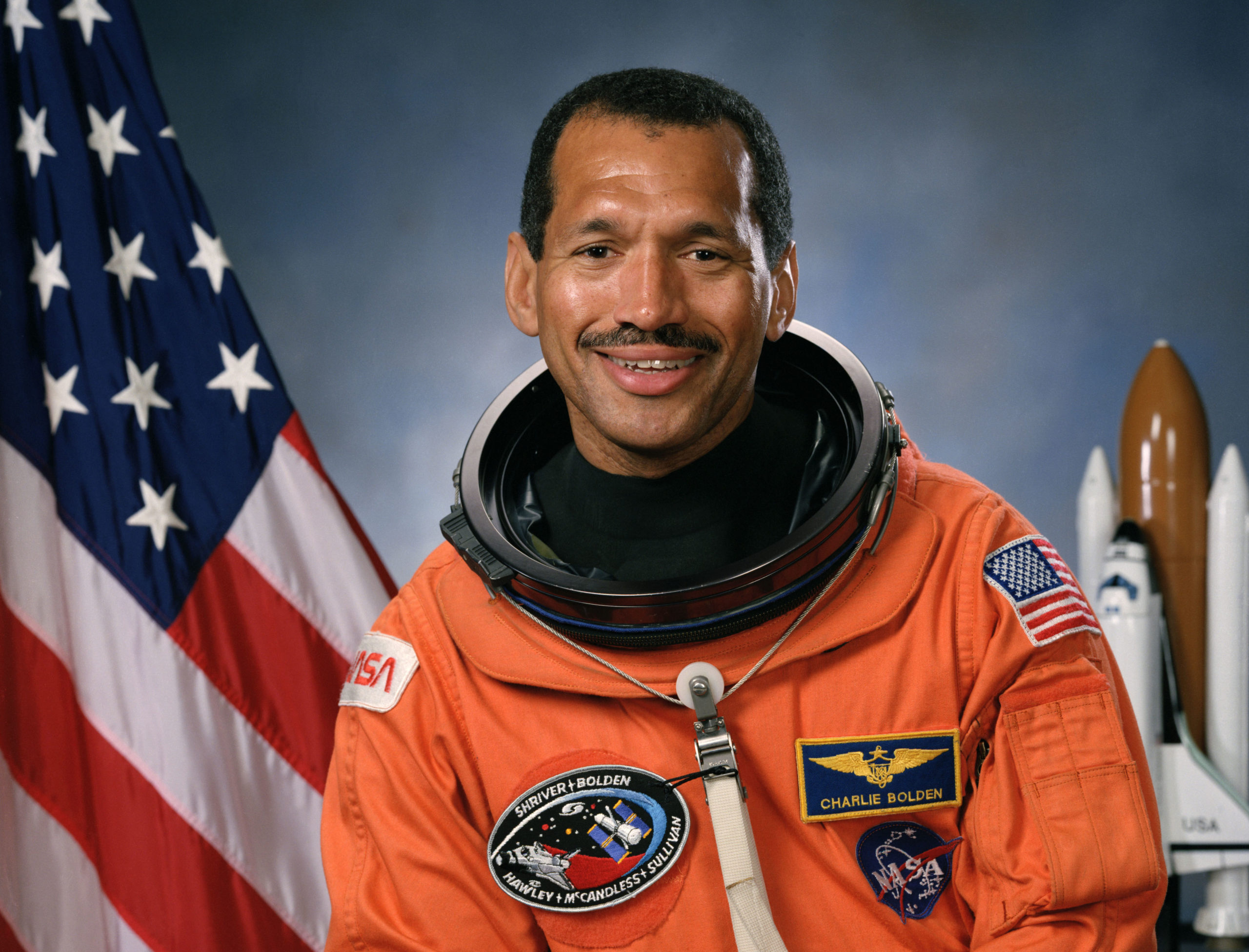He flew combat missions in the Vietnam War, was the pilot of the first shuttle flight after the 1986 Challenger accident and deployed the Hubble telescope into space. Now Charles Bolden, 65, is trying to send a human to Mars.
The head of the National Aeronautics and Space Administration (Nasa) was in Cape Town this week for the 62nd International Astronautical Congress, the largest annual conference for the space community.
It was held in Africa for the first time and is seen as a boost for South Africa’s bid to host the Square Kilometre Array telescope complex.
Once fully funded by the US government, Nasa is now seen more as a controlling body and works with a range of other countries, including Russia, Japan and India.
“Nasa’s role is continually evolving. We’re an evolutionary organisation, if not sometimes revolutionary,” said Bolden.
“What I’m supposed to do, if I’m successful, is facilitate the success of a commercial space industry.”
To that end, he aimed to help “private or entrepreneurial enterprise to build spacecraft that will take humans and cargo to low Earth-orbit destinations like the International Space Station”.
This is sure to include Space Exploration (SpaceX), started by former Pretoria schoolboy Elon Musk, who co-founded the internet micropayment system PayPal and the Tesla electric car company.
Private enterprise, said Bolden, “will take care of owning, building, operating, selling and [servicing] the [aircraft], while we at Nasa work with our international partners to try to develop a deep-space exploration system”.
Nasa has already worked on an evolving rocket system, which will be ready by 2025, “when it’s time to send a human or humans to an asteroid”.
Part of the challenge, said the retired Marine Corps major-general, involved finding “technologies necessary to speed our transit through deep space … and that can help astronauts survive the journey to Mars or other places in a harsh radiation environment”.

He graduated as an electrical engineer and as a pilot, and flew over 100 combat missions in the war in Vietnam in the early 1970s.
He joined Nasa in 1980 and went into space four times between 1986 and 1994, twice as mission commander.
After 14 years at Nasa, he returned to the Marine Corps, where he retired in 2003 after being deputy commander of the US forces in Japan.
He is the first black administrator of Nasa and only the second astronaut to head it after being appointed by President Barack Obama in 2009. Nasa is entering a new era since it retired its space shuttle fleet earlier this year.
Bolden has been involved with Nasa at numerous pivotal moments, including commanding the first joint shuttle mission between the old Cold War and space-race foes, the US and Russia.
He flew the first shuttle into space after the 1986 Challenger accident, as well as the shuttle Discovery in 1990, when he was one of two astronauts who deployed the Hubble telescope.
Ironically, he is now fighting budget cuts that might prevent the planned launch in 2016 of its replacement, the James Webb space telescope.
He called the new telescope “an incredible, incredible instrument that will continue to revolutionise our understanding of our universe”.
Going into space was “awesome”, he said. “It’s an overused word, but I’ve checked the thesaurus and dictionary, and there isn’t one that’s better.”
* This article originally appear in the Sunday Times in October 2011.